Claremont city council candidate Michael Ceraso
Pitzer College graduate Michael Ceraso has dedicated his career to serving underfunded candidates in underserved communities. He takes elections seriously and aims to increase voter turnout—and engagement—as a candidate for city council.
He sees deficits in the consensus-building process as the city’s biggest challenge. When the entire community isn’t invited to the table, moving forward with projects becomes more difficult, if not impossible.
“With the police station, for example, voter turnout was higher but in lower income pockets, the turnout was lower,” he said.
Moving forward, he’d like to see the city embrace diversity and have commissions and committees reflect the ethnic make up of the city, citing the current police station citizens committee as an example.
“There is only one person of color on that committee, but our population is 27 percent Hispanic,” he said, “The city says they support a diverse population but I didn’t see that.”
Further, Mr. Ceraso says if you’re going to ask for $7,000 a year in property taxes, it’s imperative to take the energy to do outreach. When the council recently approved $20,000 to assess how and why voters decided upon Measure SC, he felt that money could have been better spent on tasking a local group, like the League of Women Voters, rather than a far-off consulting firm.
“Local groups better understand the economic disparities in neighborhoods,” he said.
His search for untapped activism can also be found at the Colleges. Mr. Ceraso would like to invite young people to the discussion through formation of a student council and by recruiting students from Harvey Mudd College, for example, to help with start-up tech challenges.
“This will also generate more revenue,” he proposes. “We need to be active to bring new consumers here.”
His desire for outreach goes beyond the City of Trees. With a 24 percent growth at Ontario Airport, he believes the city should “tap into that as a tourist city” by greeting travelers exiting the Metrolink and offering tours of the Village.
“The Chamber has done things a certain way for a long time,” he said. “But the website hasn’t been updated all summer.”
The city’s economic concerns are real, he said. He would like to see an economic report from the Colleges that outlines its impact on the local economy.
With the looming CalPERS pension debt, Mr. Ceraso stresses that simply cutting services won’t solve the city’s financial woes.
“We need more activity and more youth coming here to spend time and money,” he said.
This opportunity exists in Village South, he said. He imagines the Vortox building that fronts Indian Hill as an “immersive art” experience, like those he has seen other places, where they turn old buildings into mazes and galleries where artists collectively work.
“It’s an opportunity to detach from technology. And people pay to get in,” he said. “We can offer niche businesses and more opportunities to bring enjoyment to business. Let’s have other kinds of conversations.”
Unplugging from technology once in a while is a good thing, he said, but to communicate with residents about projects and meetings, he’d like to see more use of apps like NextDoor to get residents to open up.
“A while ago, Cucamonga Avenue near where I live was shut down. I would have liked to have been notified about that,” Mr. Ceraso said. “I’d rather over-communicate and have a strong outreach.”
Outreach seems to come naturally to Mr. Ceraso, who in May, organized and hosted the city’s first candidates forum on homelessness. The forum was designed to explore Measure H funds and how the city might use those funds to address local homelessness issues.
“We need a game plan for homelessness,” he said. “CHAP is great, we need more of that. The Gold Line will increase homelessness and we need to have that continuum of care in place.”
Part of his plan to address homelessness includes affordable housing. He realizes there is a stigma around these types of projects and that residents are worried about the types of people who may come in.
“We need to get past that,” he said. “We need to be comfortable with diversity. I don’t want to destroy the aesthetic of Claremont or flip the city upside down. I just want more voices to combine with those we’ve already heard.”
Mr. Ceraso realizes that developing programs and housing costs money, but simply raising property taxes more isn’t a solution. One possibility to increase revenue is to install parking meters in the Village; an idea he fully supports.
“We’ll need meters to protect those services we enjoy. We can also create a transit tax, like those at hotels, for AirBNBs,” he said. “Let’s ask residents to open up their homes.”
But his primary focus is communication—something that has had a negative impact on the outcome of some of the city’s more complicated endeavors, like the water trial.
“I don’t want to sell a false set of goods,” he said. “We should have made sure that every resident knew that rates may not go down.”
When he’s not campaigning, Mr. Ceraso enjoys travel, collecting comic books and tries to take a run at least three or four days a week. His real passion, however, is music. He is currently taking singing lessons to learn songs from Glee, but the driving force in his life are his relationships.
“It takes a lot of energy to talk to people,” he said. “I’m not more important than any resident in this city. We need to look at ways to improve relationships with our neighbors.”
—Kathryn Dunn
editor@claremont-courier.com




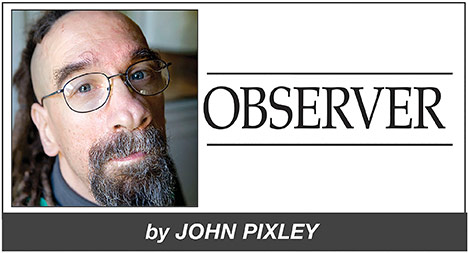
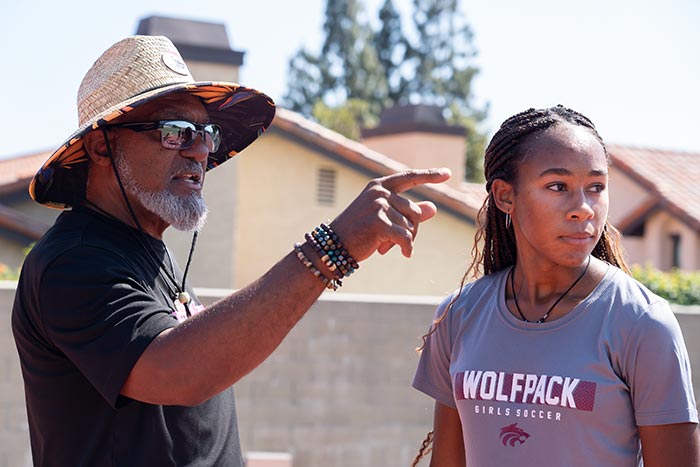
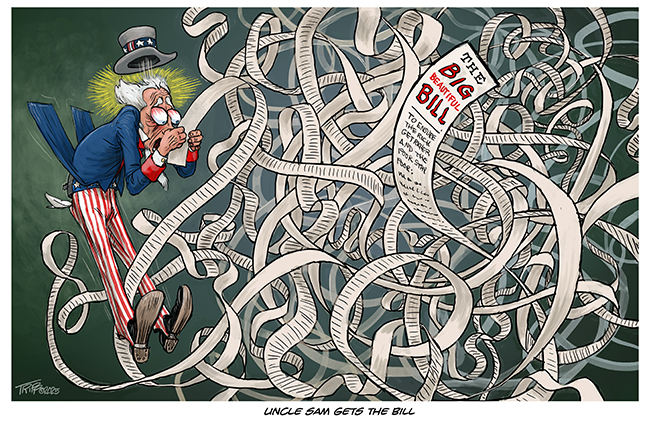

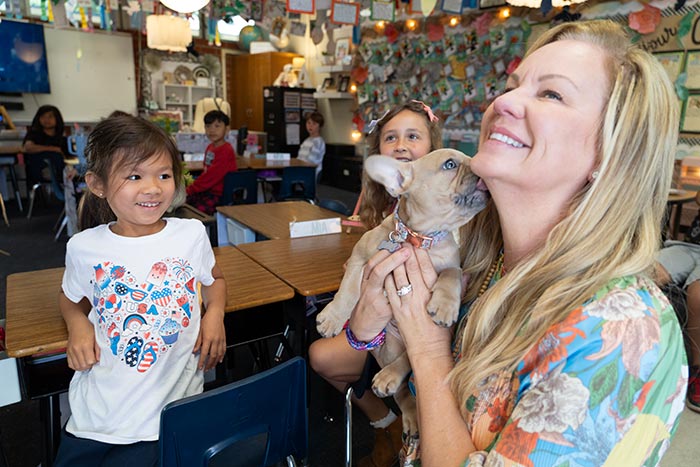
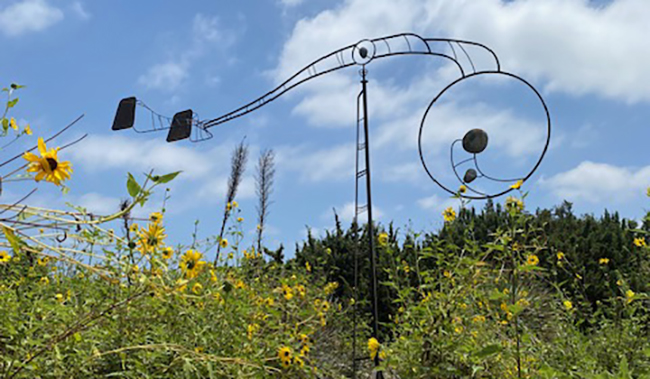

0 Comments